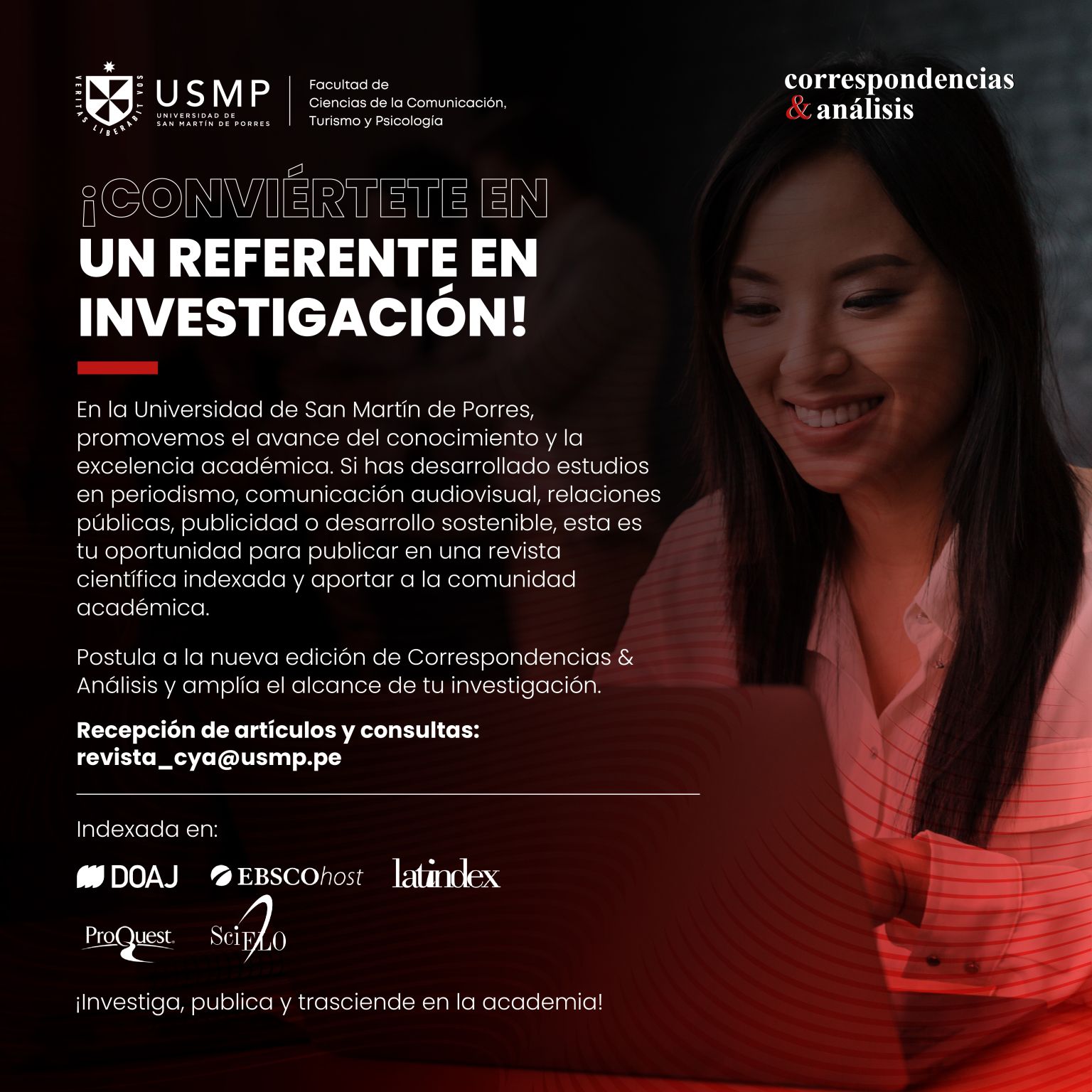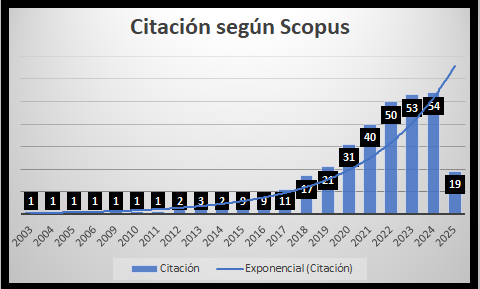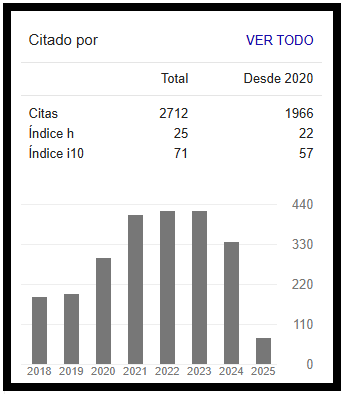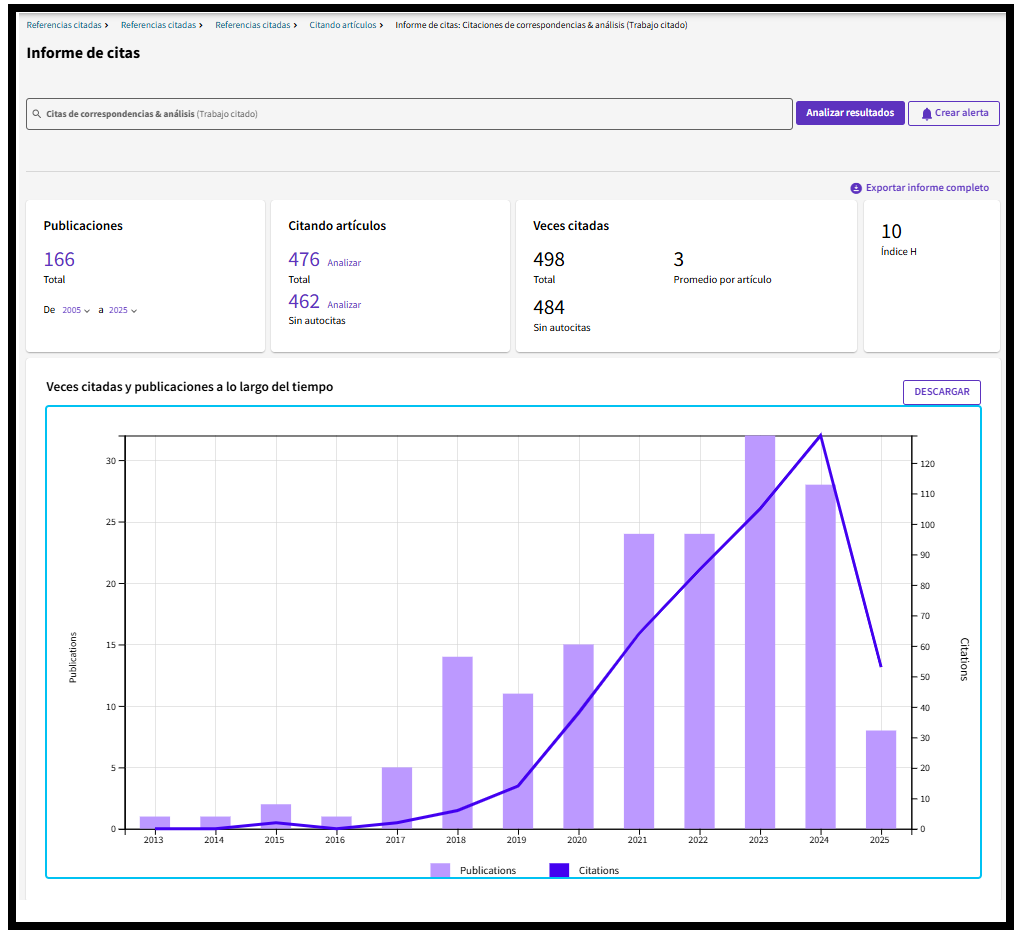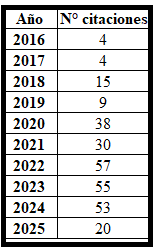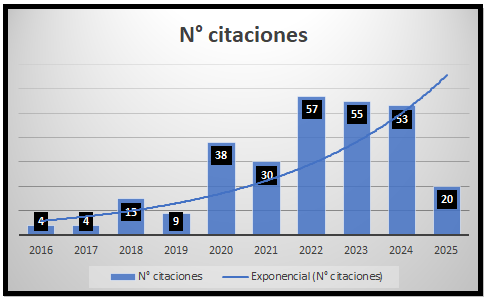Studying in English at universities in non-English speaking countries: communicative challenges and experiences of educational and cultural adaptation in Lithuania
DOI:
https://doi.org/10.24265/cian.2020.n11.10Keywords:
Higher education, Studies in english, Foreign students, Cultural adaptation, Intercultural communicationAbstract
The number of students who decide to enroll in Higher Education Institutions (HEIs) located away from their homeland is increasing every year across the globe. This quantitative change is bringing about a qualitative transformation as the HE sector is becoming one more globalized industry. Together with this growth, the academic offer of study programs delivered in a foreign language (most frequently-English) is also incrementing the level of complexity that HEIs while managing the cultural diversity of the university auditorium. HEIs are naturally lured into his attractive prospect to welcome a larger number of students; however, few are the HEIs truly ready and able to face the challenges that such complex phenomenon implies. A culturally diverse university class can certainly have both positive and negative impact on the teaching and learning processes. The purpose of this article is to explore how foreign students confront the communicational and intercultural challenges they encounter in a predominantly Lithuanian linguistic and cultural environment during their studies delivered in non-native English. The gathered and analyzed empirical data allow to state that there are considerable differences in the experiences and perceptions regarding the causes and possible solutions to the mentioned problems and challenges. The students
who participated in the focus groups demonstrate contrasting viewpoints compared to those of the interviewed academic and administrative staff members in the receiving HEI.
Metrics
Downloads
References
Al-Shariden, K., & Goe W. (1998). Ethnic communities within the university: An examination of factors influencing the personal adjustment of international students. Research in Higher Education, 39, 699-725.
Altbach, P. (2004). Higher Education Crosses Borders: Can the United States Remain the Top Destination for Foreign Students? The Magazine of Higher Learning, 36(2), 18-25.
Andrade, M. (2006). International students in English-speaking universities. Journal of Research in International Education, 5(2), 131-154.
Butcher, A., & McGrath, T. (2004). International students in New Zealand: needs and responses. International Education Journal, 5(4), 540-551.
Centro de Análisis y Seguimiento de la Educación Superior e Investigación de Lituania - Mokslo ir studijų stebėsenos ir analizės centras (MOSTA, 2016). Lietuvos švietimas skaičiais. https://mosta.lt/lt/tyrimai/ataskaitos#2016-m
Chan, S. (1999). The Chinese learner - a question of style. Education and Training, 41, 294-304.
Chen, S., & Absalom, D. (1996). Cultural awareness and language teaching methodology. En Issues in language education: Selected papers from ILEC’95 (pp. 171-190). Hong Kong Institute of Education.
Cowley, P., & Hyams-Ssekasi, D. (2018). Motivation, Induction, and Challenge: Examining the Initial Phase of International Students’ Educational Sojourn. Journal of International Students, 8(1), 109-130.
De Vita, G. (2001). Learning styles, culture and inclusive instruction in the multicultural classroom: a business and management perspective. Innovations in Education and Teaching International, 38(2), 165-174.
Departamento de Estadística de Lituania (2019). Lithuanian Statistical Agency. Official statistics portal. https://osp.stat.gov.lt
Flora Hung, C. (2004). Cultural influence on relationship cultivation strategies: Multinational companies in China. Journal of Communication Management, 8(3), 264-281. https://doi.org/10.1108/13632540410807682
Furnham, A. (2004). Foreign students: Education and culture shock. The Psychologist, 17(1), 16-19.
Gilleard, J. (1998). Managing the cultural divide: The case of classroom assessment. Industrial and Commercial Training, 30(3), 90-95.
Graddol, D. (2006). English Next. Why global English may mean the end of English as a Foreign Language. British Council.
Halic, O., Greenberg, K., & Paulus, T. (2009). Language and academic identity: A study of the experiences of non-native english speaking international students. International Education, 38(2), 73-93.
Hechanova-Alampay, R., Beehr, T., Christiansen, N., & Van Horn, R. (2002). Adjustment and strain among domestic and international student sojourners: A longitudinal study. School Psychology International, 23(4), 458-474. https://doi.org/10.1177/0143034302234007
Kleiber, P. (2004). Focus groups: More than a method of inquiry. En K. De Marrais & S. Lapan (Eds.), Foundations for research. Methods of inquiry in education and the social sciences. Lawrence Erlbaum Associates.
Ladd, P., & Ruby R. (1999). Learning style and adjustment issues of international students. Journal of Education for Business, 74(6), 363-367. https://www.tandfonline.com/doi/abs/10.1080/08832329909601712
Li, G., Chen, W., & Duanmu, J. (2009). Determinants of international students’ academic performance: A comparison between chinese and other international students. Journal of Studies in International Education, 14(4), 389-405. https://journals.sagepub.com/doi/abs/10.1177/1028315309331490
Myles, J., & Cheng, L. (2003). The social and cultural life of non-native english speaking international graduate students at Canadian University. Journal of English for Academic Purposes, 2, 247-263.
Morgan, D. (1997). Focus groups as qualitative research. Sage Publications.
Pun, A. (1990). Managing the cultural differences in learning. Journal of Management Development, 9(5), 35-40.
Rajapaksa, S., & Dundes, L. (2002). It’s a long way home: International student adjustment to living in the United States. Journal of College Student Retention: Research, Theory and Practice, 4(1), 15-28. https://journals.sagepub.com/doi/abs/10.2190/5HCY-U2Q9-KVGL-8M3K
Robertson, M., Line, M., Jones, S., & Thomas, S. (2000). International students, learning environments and perceptions: A case study using the Delphi technique. Higher Education Research & Development, 19(1), 89-101. https://www.tandfonline.com/doi/abs/10.1080/07294360050020499
Robotham, D. (1995). Self-directed learning: The ultimate learning style? Journal of European Industrial Training, 19(7), 3-7.
Sawir, E. (2005). Language difficulties of international students in Australia: The effects of prior learning experience. International Education Journal, 6(5), 567-580.
Selvadurai, R. (1998). Problems faced by international students in American colleges and universities. Community Review, 12(1-2), 27-32. https://eric.ed.gov/?id=EJ469274
Trice, A. (2003). Faculty perceptions of graduate international students: Benefits and challenges. Journal of Studies in International Education, 7(4), 379-403. https://journals.sagepub.com/doi/abs/10.1177/1028315303257120
Zhou, Y., Jindal-Snape, D., Topping, K., & Todman, J. (2008). Theoretical models of Culture Chock and Adaptation in International Students in Higher Education. Studies in Higher Education, 33(1), 63-75.
Downloads
Published
Issue
Section
License
In case the manuscript is approved, the authors retain the copyright and assign to the journal the right to publish, edit, reproduce, distribute, display and communicate in the country of origin and abroad by means of print and electronic media in different databases.
In order for this procedure to be recorded, the author must fill out the following formats:
Format 1 - Author data Format.
Format 2 - Affidavit on originality and authorization for the publication of articles Format.
Format 3 - Open Science Compliance.








2.png)


